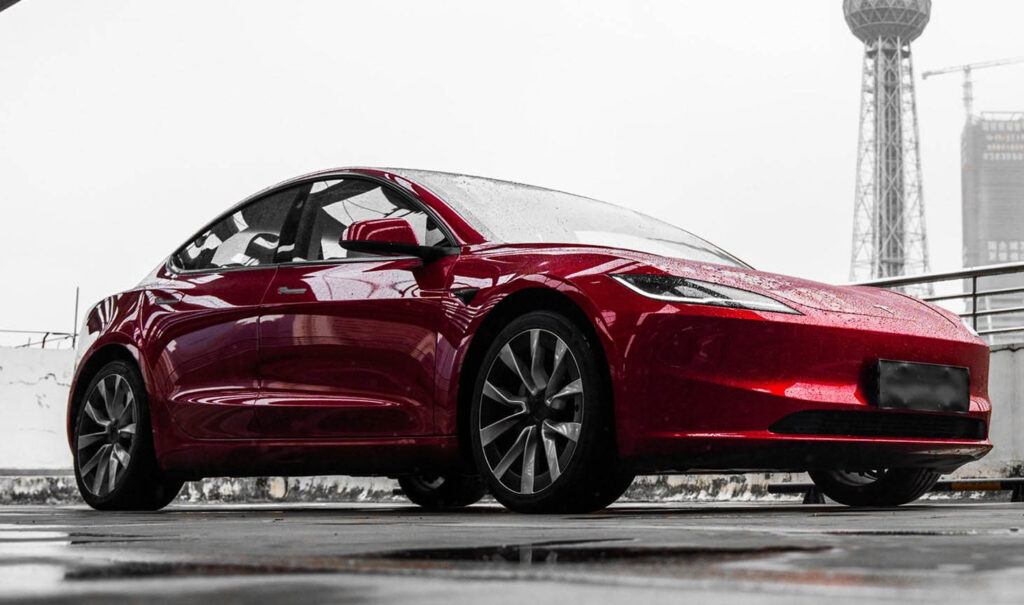Shanghai has broadened the scope of its car trade-in subsidies, allowing residents to use vehicles registered outside the city to qualify for incentives. The move is part of a wider strategy to boost automotive consumption and promote the transition to cleaner energy vehicles.
The updated policy enables individual buyers to receive up to RMB 15,000 ($2,060) when purchasing a new electric vehicle priced at RMB 100,000 or more, provided they trade in an old vehicle registered elsewhere.
See also: Shanghai and Hefei Introduce Battery Swap Station Subsidies, Benefiting Nio
A subsidy of RMB 13,000 is available for those opting for a new gasoline-powered vehicle at the same price point. Each person is eligible for only one subsidy during the calendar year ending December 31, 2025.
Previously, only vehicles with Shanghai license plates were eligible for the trade-in incentives, limiting access for residents who had registered cars in other cities.
The revision addresses a common workaround used in past years, where many Shanghai residents registered gasoline vehicles in other regions to avoid the high cost of local blue license plates.
See also: Tesla’s Shanghai Megafactory Begins Production of Energy Storage Products
These plates, required for internal combustion engine vehicles, are allocated through monthly auctions, with winning bids often approaching or exceeding RMB 94,000 ($12,920).
The new approach aligns with China’s broader trade-in subsidy initiative, launched in 2024 and extended into 2025, aimed at accelerating the replacement of older vehicles with newer, more efficient models. Nationwide, over 6.5 million applications for trade-ins were recorded in 2024 alone, reflecting strong consumer interest.
See also: Shanghai and Hefei Introduce Battery Swap Station Subsidies, Benefiting Nio
Shanghai, home to automakers such as SAIC Motor, Tesla, and Nio, has emerged as a key hub for electric mobility. The city’s latest policy adjustment is expected to further support the growth of its new energy vehicle sector and contribute to national goals for environmental and economic development.
Source: CNEVPOST
